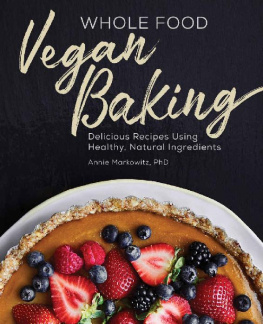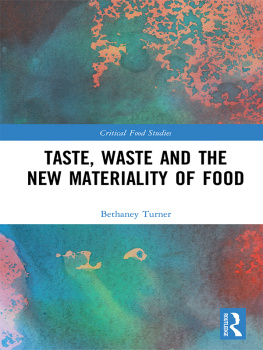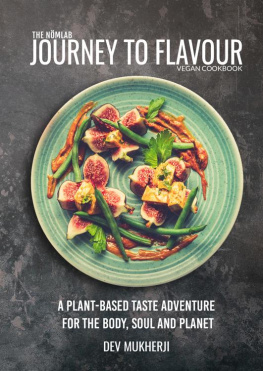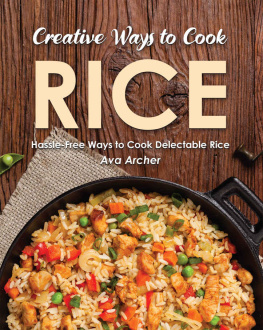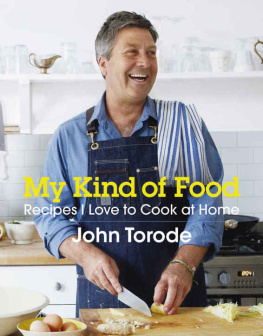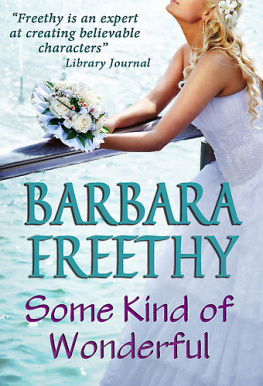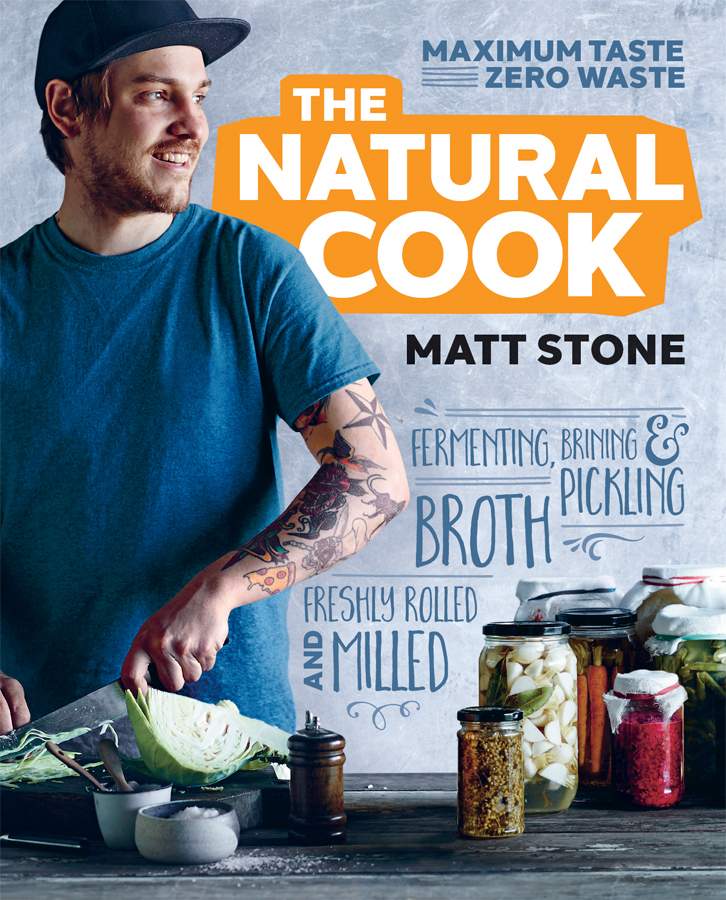How do you cook irresistible food without harming the planet?
Its all about adopting new habits opening your eyes to local foods and making the best of them, reducing waste by using every last bit of each ingredient, and enjoying well-raised meat and fish (while saving the bones to make the best broth ever!). Try your hand at traditional techniques that have become popular again yoghurt-making, preserving, pickling and fermenting. The bonus is that youll be producing delicious food that just happens to be good for you, too.
Matt Stone, one of Australias brightest young chefs, is a passionate advocate of zero-waste cooking and ethical food, and an even bigger fan of a cracking meal. Whether its a nourishing breakfast, a quick weeknight meal or a feast for friends, shows how creating sustainable food thats full of flavour is easier than you think.
Food, nutrition and eating are the most basic elements of life. Eat well and you live well. Cook creatively and life becomes more interesting and enjoyable. Consider the provenance of your food and live a more sustainable life. These themes are central to my philosophy of food and cooking.
The media is awash with information about organic produce, the ethical sourcing of food and the environmental sustainability of farming practices. It can be a bit much to take in. I hope this book helps to cut through the marketing and hype to show that eating healthily and ethically doesnt have to be an enormous burden. Making interesting, creative, healthy meals isnt hard to do. With a little effort and thought it soon becomes second nature.
Where your food comes from is the starting point for good eating. Where was it grown? How far has it travelled? How has it been processed or preserved? How much nutritional value has it lost along the way? Buying fresh local produce, or even growing your own, can reduce your environmental footprint, reduce waste and improve the quality of the food you bring into your kitchen.
I make a lot of things from scratch in this book. This can take a little more effort than buying the same product from the supermarket but the benefits are enormous. You have traceability of your ingredients. You know exactly what youre eating. And, as a bonus, making your own cheese, rolling your own oats or milling your own flour can be lots of fun!
The array of native Australian flavours and ingredients is mind-blowing. Some people say our native herbs and spices are too tannic or astringent to use, but when properly balanced with other flavours in the dish they can be the perfect addition.
A number of my recipes incorporate native ingredients. While they can be difficult to find in your local supermarket, the first step to making them more readily available is to create consumer demand by using them every day, not just every now and then. We need to move forward from the gimmicky bush tucker movement of the past and embrace these amazing ingredients in a natural way.
Id like to see native herbs and spices become staples in every cooks pantry. Id like home cooks to have fun with these ingredients, to be creative in the kitchen and not automatically fall back on the traditional condiments and flavours that arrived with European settlement.
Cooks who dont have easy access to Australian fruits, herbs and spices can apply the same philosophy by using local equivalents of native flavours. The aim is to be flexible and creative with what is at hand.
I also take inspiration from proven traditional cooking techniques, and these provide the foundation for many recipes in this book. Fermenting and pickling are trendy at the moment but theyve been used for health benefits and preservation for centuries as have making dairy products, milling flour and rolling oats. I think we need to respect that history and integrate these processes into our kitchens without them being a novelty.
Above all, I hope this book provokes thought. I want people to question their habits in the kitchen and be willing to try something new whether its making broth, cooking with quandongs, starting a worm farm, foraging for wild food or making a curry paste using fresh lemon myrtle instead of kaffir lime leaves. I also hope it encourages everyone to ask questions about how their food is made and where it comes from.
Researching the food in your kitchen is never going to be wasted time. The more you understand your food, the healthier, more enjoyable and more satisfying it will be. And that benefits both body and soul.
I got my first job as a kitchen hand at Caf Forte soon after my family moved to Margaret River in Western Australia in 2002. I worked at night and surfed in the mornings. It was the ideal life for a surf-crazy teenager.
Strangely, I loved it in the kitchen. Working until midnight, getting soaked washing dishes, getting yelled at, the rush of service. It was at Caf Forte that I decided I wanted to be a chef. I constantly asked questions about food and cooking. I learned the basics and my duties grew weekly. My love of food had started.
Next came a job at a large pub in Perth. It sucked. Making sauces from powder and buying everything as pre-made as possible. It confused the hell out of me and I lost my spark for cooking. After about six months, I busted my knee in a Grinspoon moshpit and was out of action for a few months. The plus side was that I never had to work at the pub again.
Back in Margaret River to recuperate, I started looking for a job in a proper restaurant one that cooked real food. I got a job at Leeuwin Estate winery and its sous chef, Tim Taylor, took me under his wing over two summers and taught me many skills I still use today. Tim and I have remained good mates ever since.


